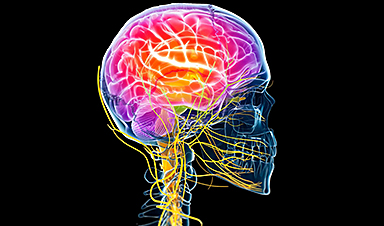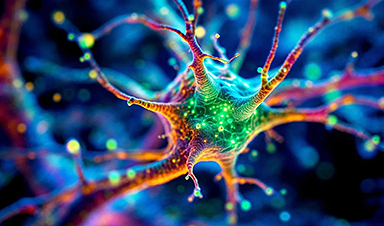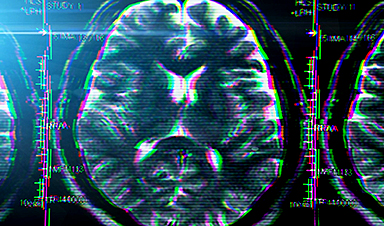Research company Ipsos on behalf of ING Bank B.V. has conducted a study on how cryptocurrencies are perceived across Europe, Australia and the U.S., which reveals that interest in the technology is expected to double in the future.
While only 9 percent of respondents own crypto, 25 percent said they will own some in the future. The highest percent (18 percent) of crypto ownership is reported in Turkey, while the lowest (4 percent) is in Luxembourg.
The survey is reportedly conducted several times a year and takes into account gender, age and population in each country, while consumer figures are an average. The latest study, which was carried out between March 26 and April 6, 2018, compared 15 countries, with about 1,000 respondents surveyed in each.
According to the study, 66 percent of Europeans have heard of cryptocurrency, of which 77 percent are men and 55 percent are women; 35 percent agreed that crypto is the “future of spending online,” while 35 percent said it will increase in value in the following 12 months.
The share of awareness of crypto is equal to or exceeds 50 percent in every surveyed country, with the highest rate in Austria (79 percent) and Poland (77 percent). In the U.S., 57 percent of respondents have heard of cryptocurrency.
Fewer than one in ten in Europe owned crypto, with similar figures in the U.S. and Australia. The survey revealed that people in Europe who are mobile bankers are much more likely to own crypto (12 percent) than those who are not mobile bankers (4 percent).
The study revealed that most respondents recognize crypto as a riskier investment than cash
Image Credit: CoinTelegraph
News This Week
According to Researchers, Your Breathing Patterns Could Hold the Key to Better Memory
Breathing synchronizes brain waves that support memory consolidation. A new study from Northwestern Medicine reports that, much like a conductor harmonizes various instruments in an orchestra to create a symphony, breathing synchronizes hippocampal brain waves to [...]
The Hidden Culprit Behind Alzheimer’s Revealed: Microglia Under the Microscope
Researchers at the CUNY Graduate Center have made a groundbreaking discovery in Alzheimer’s disease research, identifying a critical link between cellular stress in the brain and disease progression. Their study focuses on microglia, the brain’s immune [...]
“Mirror Bacteria” Warning: A New Kind of Life Could Pose a Global Threat
Mirror life, a concept involving synthetic organisms with reversed molecular structures, carries significant risks despite its potential for medical advancements. Experts warn that mirror bacteria could escape natural biological controls, potentially evolving to exploit [...]
Lingering Viral Fragments: The Hidden Cause of Long COVID
Long COVID, affecting 5-10% of COVID-19 patients, might be caused by the enduring presence of the virus in the body. Research suggests that viral fragments, possibly live, linger and lead to symptoms. Addressing this involves antiviral treatments, enhanced [...]
Hidden Scars: How COVID Lockdowns Altered Teen Brains Forever
Research from the University of Washington revealed that COVID-19 lockdowns led to accelerated cortical thinning in adolescents, impacting brain development significantly. This effect was more pronounced in females than males, raising concerns about long-term brain health. The study [...]
Simple Blood Test To Detect Dementia Before Symptoms Appear
UCLA researchers have identified placental growth factor (PlGF) as a potential blood biomarker for early detection of cognitive impairment and dementia. High PlGF levels correlate with increased vascular permeability, suggesting its role in the development [...]
Investing Goldman Sachs asks ‘Is curing patients a sustainable business model?’
Goldman Sachs analysts attempted to address a touchy subject for biotech companies, especially those involved in the pioneering “gene therapy” treatment: cures could be bad for business in the long run. “Is curing patients [...]
The risks of reversed chirality: Study highlights dangers of mirror organisms
A groundbreaking study evaluates the feasibility, risks, and ethical considerations of creating mirror bacteria with reversed chirality, highlighting potential threats to health and ecosystems. In a recent study published in Science, a team of researchers [...]















Leave A Comment